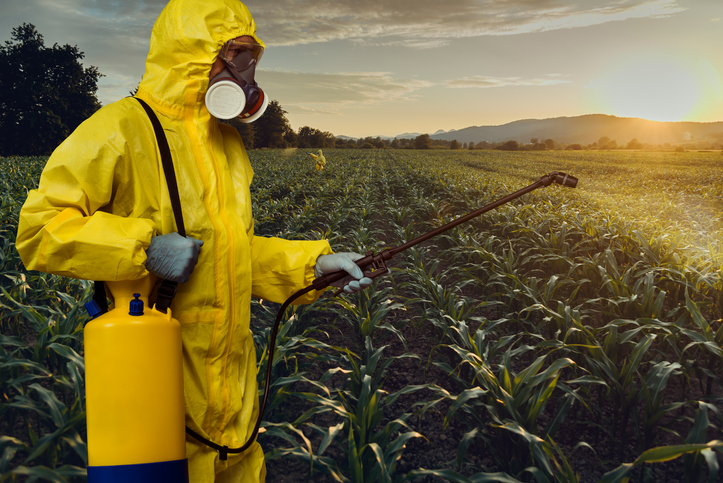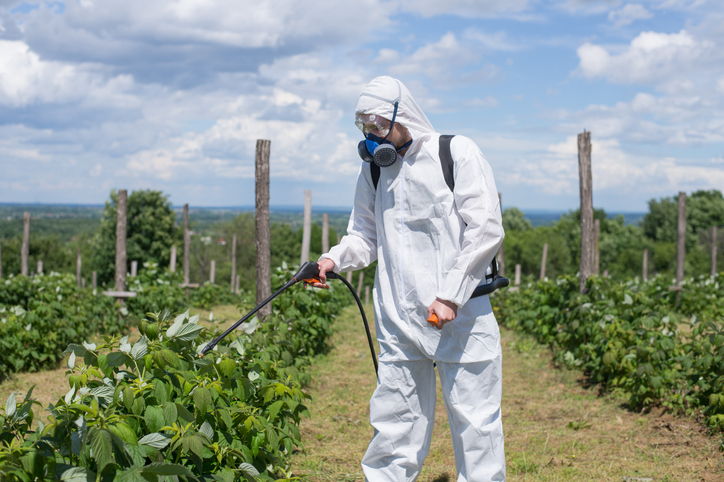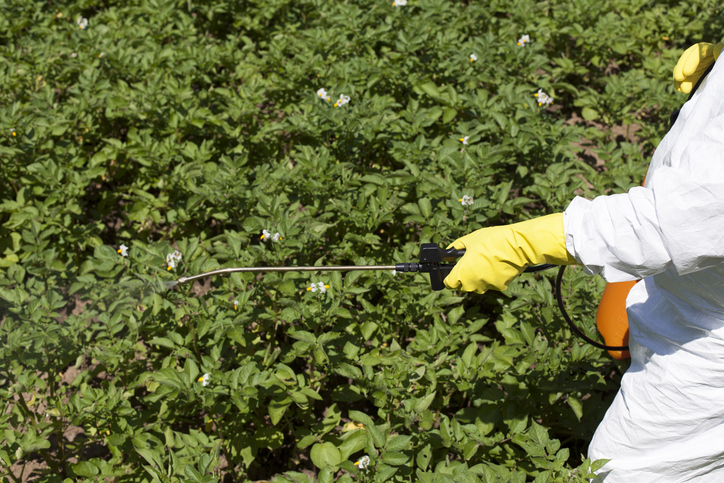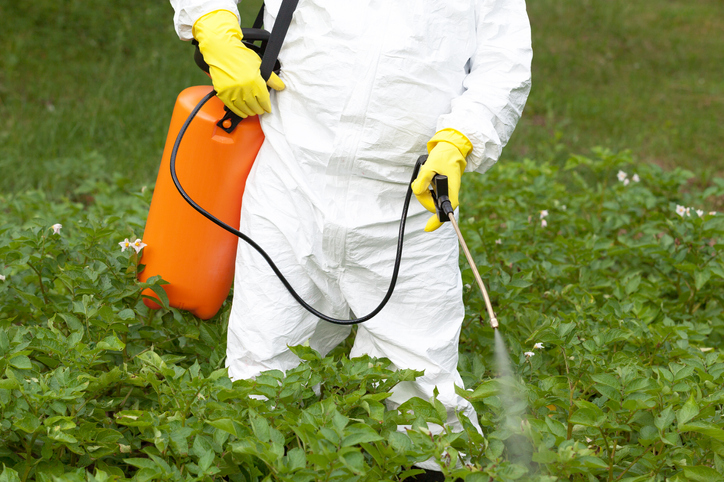
You’ve discovered your car is lemon — now what?
What to Do If Your New Car is a Lemon in Texas Explained
In our last post, we touched on an introduction to Lemon Law in Texas, where we explained:

You’ve discovered your car is lemon — now what?
In our last post, we touched on an introduction to Lemon Law in Texas, where we explained:

What happens when you’re sold a lemon in Texas?
Is your new car always in the shop for no apparent reason? Do you constantly deal with check engine lights? You may be dealing with a lemon.

How Do You Know When You Need a Worker’s Comp Attorney for Your Claim?
There are roughly 340 million people injured at work in the United States every year. If an employer has worker’s compensation coverage, otherwise referred to as worker’s comp, then the injuries sustained by the worker should be paid for. However, this is not always the case. So, how do you know when it’s a good idea to hire an experienced worker’s comp attorney to help you file your claim?

(May 12, 2022) Last month, on Tuesday, April 12, 2022, Ferrero recalled Kinder Surprise chocolates in the United States after several cases of Salmonella were reported across Europe and in the United Kingdom. Children under five years old made up the majority of cases. Ferrero claimed that the recall was “out of an abundance of caution” and that “we take food safety concerns very seriously.” According to their website, some of the chocolates that were meant for European consumption made their way onto United States shelves by mistake, though at the time, there were no reported cases as a result. However, last week Wednesday, May 4, 2022, the Food Standards Agency (FSA) voiced concerns about the effectiveness of the recall. After checking several smaller local retailers, the FSA found that some of them were still selling the recalled chocolates, while others had purchased them only to have to discard them immediately. Additionally, the FSA found that the initial recall did not include all of the affected chocolates and provided an updated list.
The Dangers of Salmonella Poising to the Young and to the Elderly
Roughly 1.3 million people are diagnosed with Salmonella poisoning every year in the United States, according to the Centers for Disease Control and Prevention (CDC). While it can be contracted by pet reptiles, the most common source of Salmonella poising is food. The CDC also lists the following categories of people at higher risk of extreme or life-threatening sickness from Salmonella poisoning:

Paraquat is an extremely popular herbicide used by many licensed agricultural workers. The reason it’s so popular is that this product is highly effective when it comes to killing nasty weeds and overgrown grass. However, there are risks to using this product. Studies have shown that there’s an increased risk of developing Parkinson’s disease from being exposed to Paraquat. It is, In fact, so toxic that only certified professionals are allowed to buy this product and use it by law in the United States.
Parkinson’s disease is vicious to those it affects. It progressively shuts down the nervous system as It slowly kills certain nerve cells called neurons found in the brain. Many of the symptoms are due to a loss of neurons that produce a chemical messenger called dopamine. When there is a decrease in dopamine, the brain begins to have abnormal activity, and your movement capabilities can begin to fail. However, many other symptoms can occur when this happens.
This disease can lead to the person developing issues with chewing and swallowing properly due to the disease affecting the muscles in their mouth. In addition, cognitive issues like being unable to remember things and control your emotions (dementia) are also symptoms of this horrendous disease. There are many symptoms such as; general pain in the body or specific areas, losing your ability to differentiate particular odors you previously could without any difficulties, having a lack of energy throughout the day, changes in blood pressure causing you to feel lightheaded or dizzy, and many others.

After being fed baby formula, if your precious baby developed a horrendous disease called Necrotizing Enterocolitis (NEC), you might qualify for compensation. Recently, studies show that certain baby formula products have a higher chance of causing NEC in premature infants. Enfamil and Similac are two brands that have failed to warn parents of the dangers associated with using their products. If your baby has developed NEC after being fed Enfamil or Similac products, you may be able to receive compensation.
NEC is a terrible disease that attacks the intestines. The condition causes infections and inflammations in the intestine, causing the intestinal tissue to die. In some cases, a hole can form in the infant’s intestine, and intestinal bacteria can leak into the abdominal area or bloodstream, causing a possibly fatal infection. Some premature infants suffer from mild symptoms, and some suffer life-threatening ones.
When your premature infant is developing, they typically need extra nutrition to help them grow. If the parent decides not to breastfeed the child, nurses may recommend using baby formula. While this seems like an easy decision to make, that may not be the case.

To save time and labor, farmers and agricultural workers often turn to herbicides to aid them in their agricultural work. For example, some herbicides like Paraquat aid them in exterminating overgrown weeds and other unwanted grasses. Unfortunately, while this may be beneficial to the farmer saving them time and money, Paraquat can have fatal consequences. Paraquat is an extremely poisonous herbicide that can lead to death if an individual or agricultural worker ingests it.
Paraquat can not even be purchased in the United States unless the applicator has a license for it. The US Environmental Protection Agency (EPA) has classified it as “restricted use.”. This herbicide has very tight restrictions due to the fact it’s highly poisonous. Unlike most other herbicides, Paraquat can’t be applied if the applicator does not have a license, even if they are under the supervision of someone who does. Paraquat is so dangerous that only licensed professionals are allowed to apply it on their crops.
Several safety precautions are taken to deter an individual from confusing Paraquat with a beverage or other liquid. In the United States, A blue dye and sharp odor are added to the liquid so that one doesn’t confuse it with other beverages as well as an added agent that causes vomiting if accidentally ingested. In addition, those who apply the product must wear extra protective equipment such as respiratory protection, safety glasses, and more. Those who mix and load Paraquat are required to wear full-face shields and chemical-resistant aprons.

Vegetables spraying with pesticides in a garden
Paraquat is a popular herbicide used among agricultural workers and farmers because of its highly destructive nature towards unwanted grasses and weeds. This herbicide is so good at its job that it is one of the most widely used herbicides in the United States. However, It is highly poisonous to humans and wildlife, making it dangerous to use, necessitating numerous safety regulations. Paraquat is classified by the EPA as “restricted use” and can only be applied and purchased by a certified individual with a license. In addition, there are special agents added that cause vomiting if ingested, a blue dye, and a sharp odor added to Paraquat in the United States to differentiate it from beverages one might drink.
While using Paraquat is beneficial to the farmers because it reduces the need for labor and saves money, there are risks with using this product that can be fatal. For example, studies have shown an increased risk of developing Parkinson’s disease after using Paraquat. According to the mayo clinic, “Parkinson’s disease is a progressive nervous system disorder that affects movement.” This disease can have a range in symptoms. For example, you may have trouble with mobility, such as trouble with walking, your muscles may stiffen up, you may shake and have trouble with balance and coordination. Another example of possible symptoms is dementia, loss of smell, problems with speech, and difficulty writing.

Paraquat, a toxic chemical herbicide used to exterminate unruly weeds and grass, has been highly popularized in its use and was first produced for commercial use in 1962. There are many brands of paraquat products, and some of these include, Gramoxone, Goldquat, Almoxone, and many more. Paraquat is extremely popular and is one of the most commonly used herbicides around the globe. However, due to its extremely high toxicity, many precautions have been taken to purchase and use this herbicide in the United States.
The United States Environmental Protection Agency (EPA) decided to put mitigation measures on the use of Paraquat to protect human health and the environment. Here’s a quote from the United States EPA website “In July 2021, after receiving and considering public comments on the Paraquat proposed interim decision, EPA released the interim decision for registration review. As part of this action, EPA requires mitigation measures to reduce risks associated with Paraquat in order to protect human health and the environment.”
Paraquat is so toxic that it can lead to death if accidentally ingested, and there is no antidote for it. Because it’s so toxic, in the U.S., precautions are taken, such as adding a dye to the substance and a sharp odor to deter an individual from accidentally ingesting it. Not only that, but only those with a commercial license can even purchase the product, let alone use it. In addition, An individual can not use this product even if they are under the supervision of a certified applicator.

Necrotizing enterocolitis (NEC) is a horrible disease that can affect premature infants. The condition is gastrointestinal and causes inflammation and infections in the intestines that can lead to the intestinal cells dying. If the inflammation gets severe, it can create holes in the intestine, potentially leading to intestinal bacteria getting into the affected infant’s abdominal area or blood. If this happens, getting a severe illness or a deadly blood infection is, unfortunately, a possible outcome.
When a baby is born underweight or prematurely, they often need extra protein to strengthen their tiny bodies while they grow. The little one’s growth can be very challenging all on its own, which is why if the baby doesn’t breastfeed, the doctor or nurse may recommend using baby formula products. While this may seem like an entirely sound choice to make, unfortunately, this is not always the case. Studies have recently shown a link between premature infants developing NEC and baby formula.
Trusting companies who develop baby formulas can be so easy. After all, the reason they are developed is to help your infant get the proper nourishment they need for their healthy growth. But unfortunately, some companies fail to warn parents of the risks their product could have on their infants. Popular baby formula brands like Similac and Enfamil did not properly warn parents that using their products could increase their infants’ risk of getting NEC. When manufacturers fail to warn consumers about their products’ potential dangers, it becomes a serious issue.